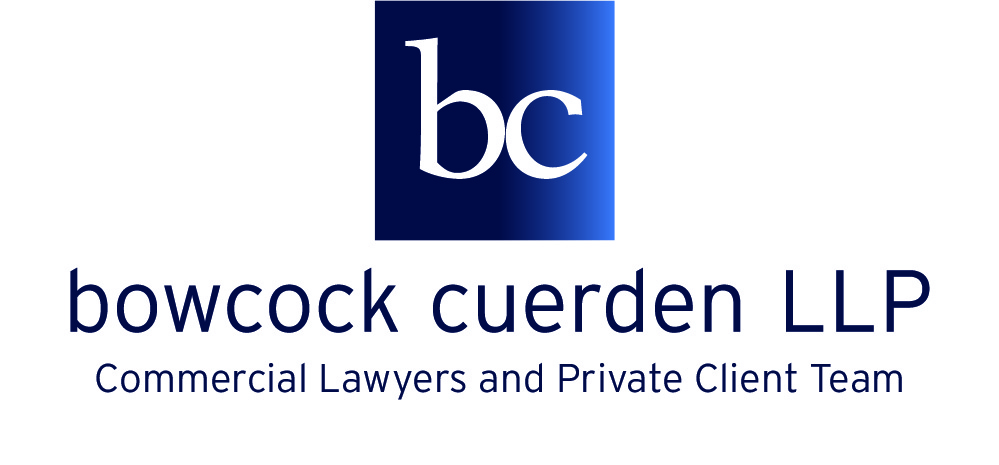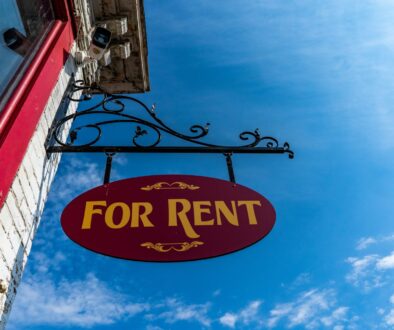Flat Lease Extension
Can I sell my flat whilst in the middle of a statutory lease extension?
Many leaseholders think they cannot sell their flat if they are going through the statutory lease extension process. This is not correct.
To be able to start a statutory lease extension claim, a leaseholder must have owned their flat for at least two years before starting the lease extension process. The leaseholder can pass the benefit of the lease extension notice (a ‘s42 Notice’) to a buyer meaning that the buyer can avoid the two year ownership requirement, as on completion of their purchase, they will simply step into the seller’s shoes and take over the lease extension process as if they had owned the flat for the required time.
So how does this work in practice?
This can work in one of two ways; in either case the seller must serve a notice on the landlord to extend the lease before completion:
1. The buyer pays a reduced price for the flat (generally speaking flats with short leases are worth less than comparable flats with longer leases). When the buyer completes on their purchase, the seller assigns the benefit of the lease extension Notice to the buyer. The benefit for the buyer is the certainty of being able to complete the statutory lease extension within a relatively short period of time after buying the flat, rather than waiting for the qualifying two year period to elapse. The flat would have been marketed at a higher price if it had a longer lease, and so the buyer has paid a fair price for the flat given that they will need to spend money on the lease extension.
In this situation, the seller will have to accept that the price they are going to receive will be less than if they complete the lease extension and then market the flat. However, it allows the seller to complete quickly rather than waiting for up to six months whilst the lease extension process is completed.
2. The seller starts the lease extension process and the buyer pays the full market price for the flat that he/she would expect to pay if the flat had a long lease. When the sale completes, the seller’s solicitor will retain monies from the sale (after they have paid off any mortgages) to pay for the lease extension. The buyer will take over the lease extension process and request the monies from the seller’s solicitor to complete the lease extension in due course.
In this scenario, the seller has received the full market value for the flat and the buyer has the certainty of purchasing a flat with a long lease.
In both of these scenarios, the buyer will end up with a lease that has an additional 90 years on top of the remaining lease length at nil ground rent.
Whilst these types of transactions are becoming increasingly common, it is vital that parties take expert valuation and legal advice before selling or purchasing a flat with a short lease. Each party will want to ensure that they are either getting, or paying, a fair price for the flat.
Andrew Williamson
Commercial Property Solicitor




